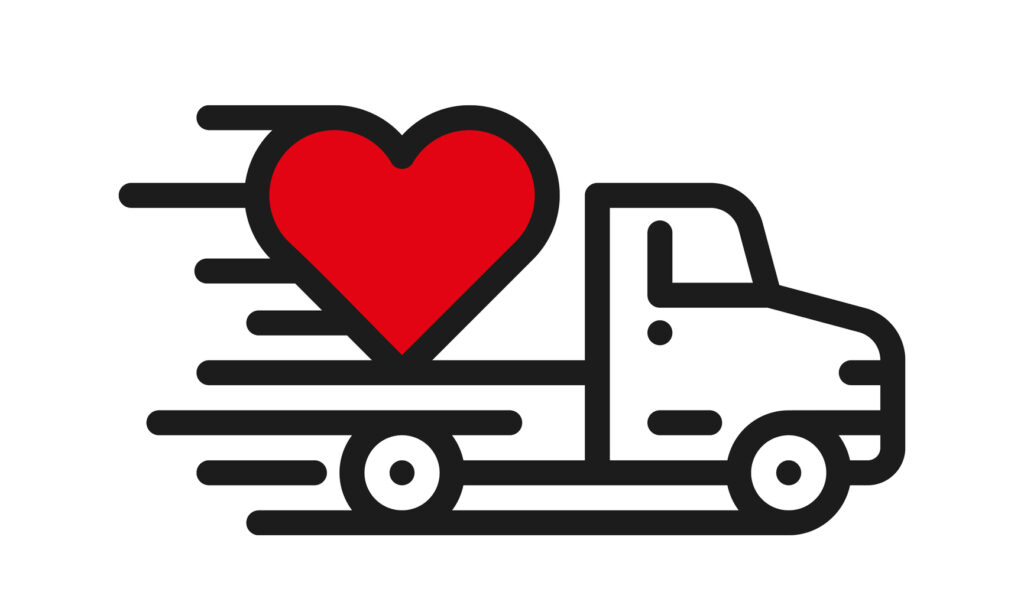Spirit of giving is alive and well in trucking
Canada’s trucking industry serves every community across the country. Look no further than stocked store shelves for proof of that.
But it would be a mistake to suggest the support is limited to delivering for-profit freight.
This August, Fastfrate Group donated $500,000 to support cancer care at the Southlake Regional Health Centre – adding to an identical donation it made last October to the University Health Network. Just weeks before, BVD Group donated $10 million to the William Osler Health System. And Doug Harvey, the owner of Maximum Truck & Trailer, received the Order of Manitoba recognizing his business leadership and philanthropy.

The spirit of giving is clearly alive and well within the industry — and our latest Pulse Reader Survey reinforces the point.
More than two-thirds (68%) of the 128 respondents said their business or employer supports charitable causes “always” or “often”. The most common form of support comes in the form of corporate financial contributions (75%), but the money also flows through employee-led fundraising campaigns, matched employee donations, and team or club sponsorships.
You would be hard pressed to find a fleet office that doesn’t include a letter, photo or plaque thanking the organization for its support. Such businesses have counted themselves among major fundraisers through initiatives as diverse as United Way and the Plaid for Dad campaign fighting prostate cancer.
Support comes in the form of more than money alone, of course. One in four of those surveyed referred to staff time that supports charitable work, and 22% of the businesses offer free or subsidized deliveries for charities.
Trucks for Change
Trucks for Change and participating fleets have on their own shipped 27 million pounds of charitable donations across Canada.
There have been the food packs for Quebec food banks assembled through Food Bank Canada’s After the Bell Program (Kriska and Guilbault Transport); the supplies from Global Medic (Canada Cartage, Minimax and Manitoulin); the sporting goods and recreational items that the Etobicoke Rotary club collected for First Nations schools in Northern Ontario (Gardewine Group). Direct Right, Guilbault, Bison and Manitoulin Transport joined forces to help move 40,720 lb. of donated clothing, boots and shoes from the GTA and Edmonton to Winnipeg, Calgary, and B.C. locations.
The list goes on.
Benefits of such campaigns also extend beyond the sense of altruism and the positive feelings that emerge through good deeds.
Several polls suggest charitable activities are particularly attractive to millennial-aged job candidates when they’re looking for places to work. Internal charity campaigns can help to strengthen teams, drawing coworkers together in common goals. And who doesn’t enjoy the warm feeling that comes when helping others?
Despite the many benefits, I have every reason to believe that many good deeds go unreported. The people involved perform their acts of kindness and move on with their workdays.
But such good deeds should be shared more often with the outside world, whether it’s through social media posts; formal Environmental, Social and Governance reports; newsletters; or notes to magazine editors. Each report draws all-important attention to worthy causes and reminds employees that they’re part of something bigger.
They certainly help to remind Canadians that there are some big hearts behind the big trucks.
Have your say
This is a moderated forum. Comments will no longer be published unless they are accompanied by a first and last name and a verifiable email address. (Today's Trucking will not publish or share the email address.) Profane language and content deemed to be libelous, racist, or threatening in nature will not be published under any circumstances.